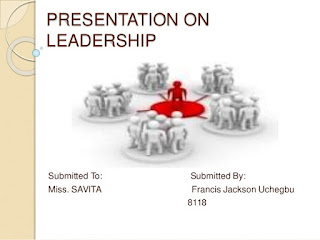CRIME PREVENTION IN NIGERIA: NIGERIAN YOUTHS
A STORY ON NIGERIAN YOUTHS AND CRIME PREVENTION
All manners of goods were on display for sale to motorists travelling into Lagos from different locations of the country and it was not unusual to see people pick from items on display.
That was the scenario until commotion broke out when an elderly woman screamed that a young boy had tried to dupe her by selling a substandard product.
She was quick to jump out of her vehicle to accost the youth of about 16 and identified as Ikechukwu, held tightly unto him and demanded a refund of her money.
Some of the traders joined in the ensuing commotion which held the traffic for some time.
Femi Adewale is 16 and had been a bus conductor and a street urchin for about three years at Ojuelegba, Lagos before he was rescued and rehabilitated by UNICEF sometime ago.
While he was on the streets, he had involved himself in all manners of crime and lived inside the garage under the Ojuelegba Bridge in Lagos.
Ikechukwu and Femi are just two of the teeming population of Nigerian youths who are unemployed and living under conditions that prone them to crime.
According to the 2008 Nigeria Democratic Health Survey, the household population has a greater number of younger people than older people. Forty-five percent of the total population is under 15 years of age while 4 percent is 65 or older.
According to UNICEF data, the percentage of literacy level among Nigerian male youths between 2003 and 2007 was 89 percent while for female it was 85 percent in the same period. In the same period, 27 percent had access to phones while 7 percent made use of internet facilities.
According to the outcome of a recent crime rate survey in Lagos by CLEEN Foundation, a non-governmental organisation, between 1999 and 2009, the highest crime in the city is theft of GSM phones which scores 16.7 percent.
In the state also, 8.4 percent of the youth population is involved in robbery while theft of money and burglary rate 5.8 and 5.2 percent respectively.
The survey lists other crimes popular among the youths to include: attempted robbery, physical assault, domestic violence, vehicle theft, motorcycle robbery, murder, attempted rape and kidnapping, among others.
Most of the crimes are committed at night and in the evenings and are often away from home and near homes of residences.
The involvement of Nigerian youths in crime is said to be principally as a result of the high level of poverty and unemployment in the country while moral decadence has equally taken centre stage due to social insecurity in the land.
Nigerian youths are indeed perturbed by the level of commitment on the part of the leaders who are parents and guardians and have not shown or demonstrated sufficient sensitivity to the plight of the youths in the country.
The youths watch helplessly how our leaders swoop on the treasury, devour the national cake without feelings for their security and then expect the youths to wait for their turn.
The Nigerian youths have lost confidence in the country because the leaders are failing in their strides to give the upright parenting guide.
It is therefore not unexpected that it has been suggested among other reasons, that restoration of confidence in the youths by our leaders particularly the younger generation in leadership position would go a long way to reduce crime waves or prevent crimes among Nigerian youths.



Comments
Post a Comment